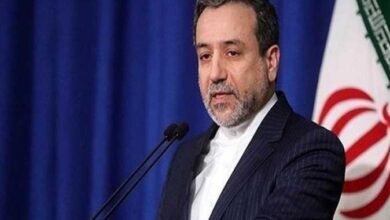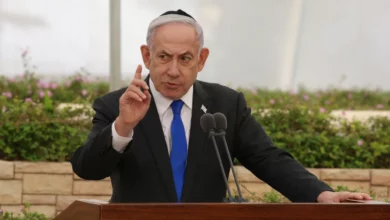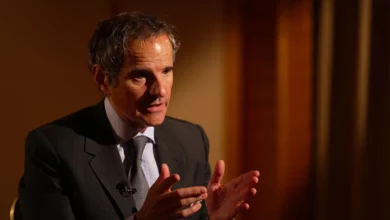Catherine Ashton, the European Union foreign policy chief, urged Iran Wednesday to show flexibility at this month's talks between Tehran and six world powers aimed at defusing tensions over the Iranian nuclear program.
The five permanent UN Security Council members — the United States, Britain, France, Russia and China — will join Germany and Iran in Kazakhstan on 26 February for the latest round of talks in a seven-year-old attempt to end the decade-long nuclear standoff with Tehran.
"We hope that Iran will come to this negotiation with flexibility and that we can make substantial progress," Ashton told the 15-nation Security Council during a meeting on the United Nations' cooperation with regional organizations. "We're engaging in intensive diplomatic efforts to seek a negotiated solution that meets the international community's concern about the Iranian nuclear program."
Ashton has been taking part in and coordinating the so-called P5-plus-one group's fitful negotiations with Iran.
The Islamic Republic has faced four rounds of UN sanctions and more draconian EU and US sanctions due to its refusal to halt its enrichment program as demanded by the Security Council.
Ashton said the EU was committed to continuing a dual-track strategy of combining pressure with dialogue.
"There is no doubt that the pressure of sanctions has been instrumental in bringing Iran back to the negotiating table," she said. "But sanctions cannot be an end in themselves. The key is for Iran to comply fully with its international obligations."
Iran's UN mission reacted swiftly to Ashton's remarks, saying in a statement that the "dual-track approach currently pursued by a number of countries is a futile exercise in the sense that … exerting pressure on Iran will definitely derail the efforts on the diplomatic track. So (for) any negotiations to be successful (they) must be conducted in a cooperative, constructive and positive spirit," it said.
It reiterated that Iran's right to an enrichment program should be "fully recognized" by the six powers. Iran denies that it is seeking a weapon and says its nuclear program serves only peaceful purposes such as electricity generation and the production of medical isotopes.
"The Islamic Republic of Iran is serious about those talks and expects the other side to be serious and forthcoming so that the next round of negotiations … in Kazakhstan would lead to positive and fruitful results," the Iranian statement said.
In his annual State of the Union address, US President Barack Obama said world powers were united in their desire to use diplomacy to prevent Iran from developing atomic weapons, though he left a door open to non-diplomatic avenues like force.
"The leaders of Iran must recognize that now is the time for a diplomatic solution because a coalition stands united in demanding that they meet their obligations and we will do what is necessary to prevent them from getting a nuclear weapon," Obama said on Tuesday night.
US Secretary of State John Kerry said last week that the six powers were ready to respond if Iran came to the talks prepared to discuss "real substance."
Iranian Foreign Minister Ali Akbar Salehi has said Iran was "counting on there being positive and constructive steps made to resolve this problem at the upcoming meeting."
So far, Iran has refused to suspend its nuclear enrichment program, which the US, EU and their allies suspect is aimed at producing fuel for weapons. Iran says enrichment is a sovereign right under the nuclear Non-Proliferation Treaty and demanding a halt to the program illegal.



